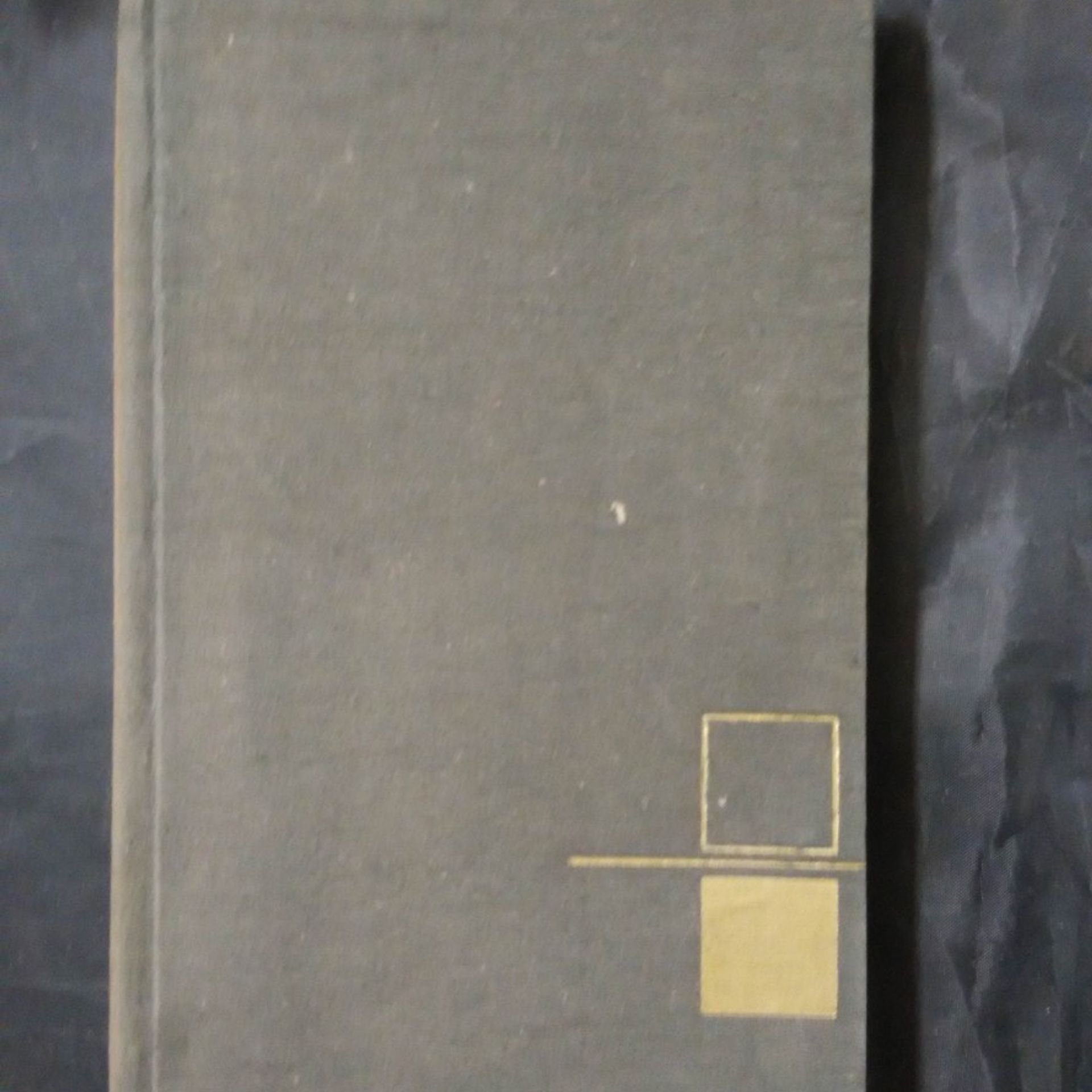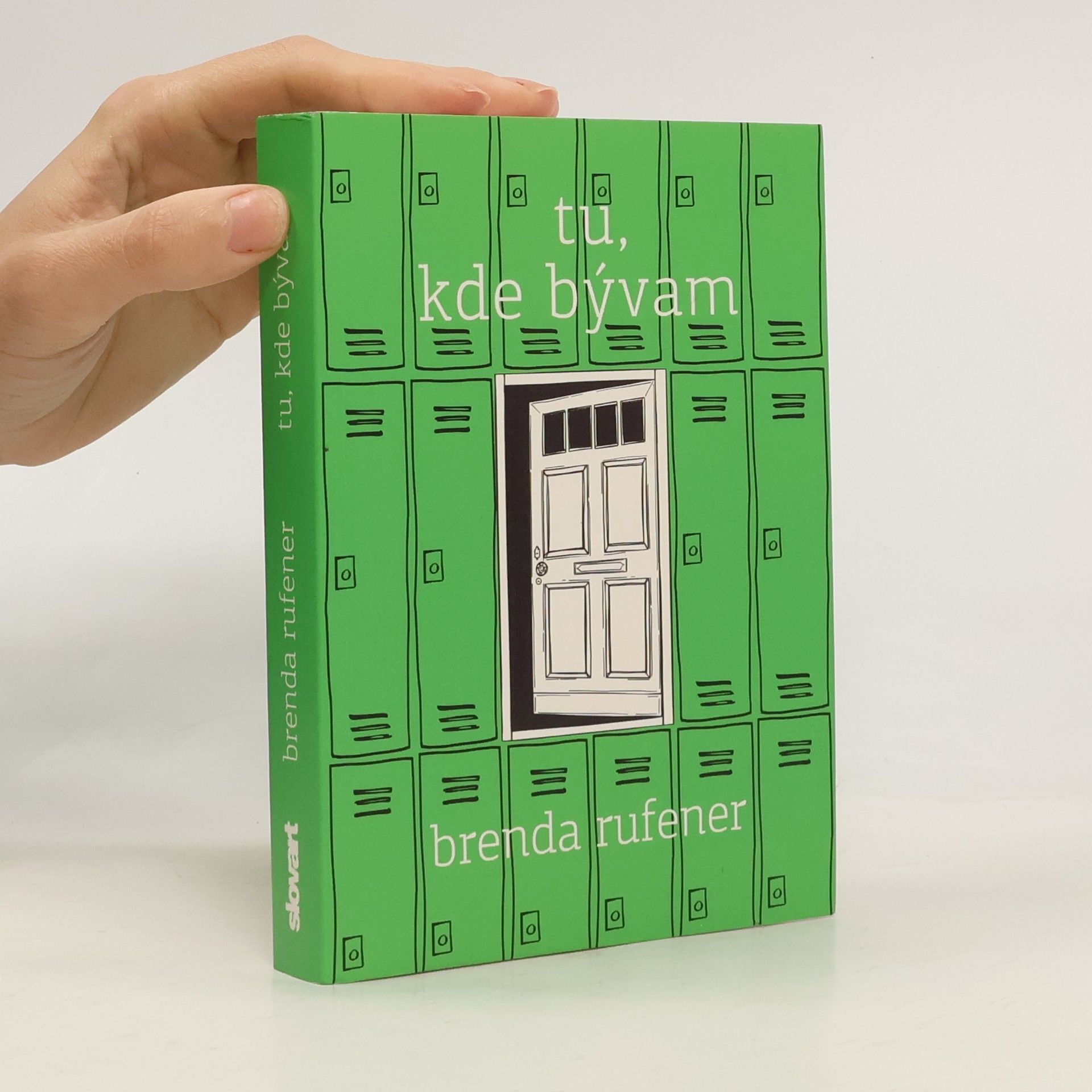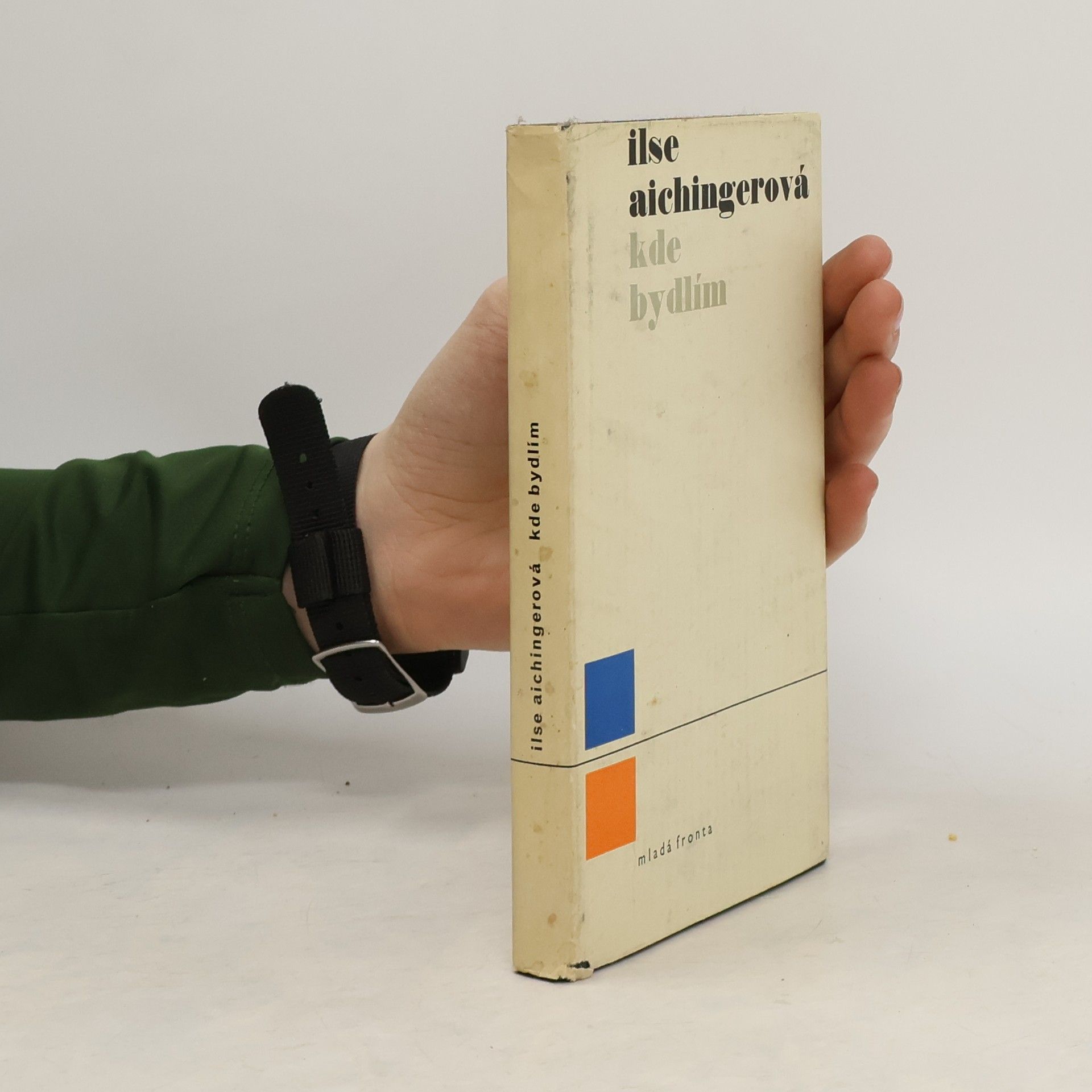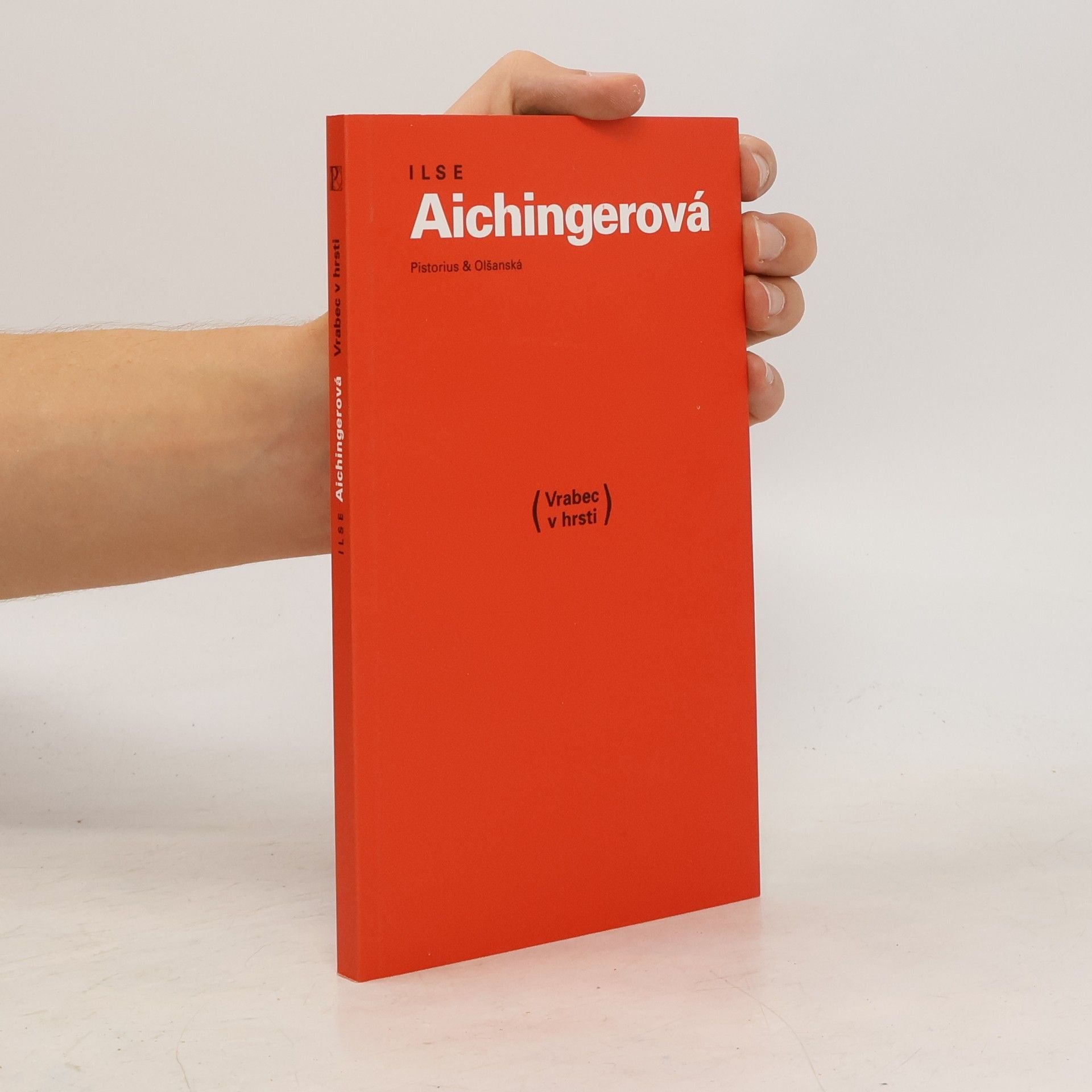Výbor z poezie a krátkých próz významné rakouské autorky Ilse Aichingerová. Vybrala a edičně připravila Michaela Jacobsenová.
Ilse Aichinger Knihy
Ilse Aichingerová svojimi dielami zachytáva prežitie prenasledovania zo strany nacistov, ktorému čelila kvôli svojmu židovskému pôvodu. Jej próza sa vyznačuje stručnosťou a silnou symbolikou, často pripomínajúcou štýl Franza Kafku. Svoje texty využíva na preskúmanie tém identity, pamäte a traumy, pričom sa zameriava na psychologickú hĺbku postáv a ich vnímanie sveta. Aichingerová ponúka čitateľom jedinečný pohľad na dôsledky historických udalostí pre individuálne životy.







Kniha čtenářsky náročných povídek rakouské básnířky (nar. 1921), jejíž dosavadní dílo bylo poctěno rakouskými a západoněmeckými literárními cenami. Záměrně v nich zatlačuje děj do pozadí a staví na jeho místo sled básnických obrazů, jichž pravý význam a vázanost není vždy snadné odkrýt, takže čtenáře nutí, aby nejen četl, ale i uvažoval a domýšlel.
Sedemnásťročná Linden Rose ukrýva tajomstvo. Nemá rodinu ani domov, a tak tajne prespáva v chodbách svojej strednej školy, vďačná za každú noc so strechou nad hlavou. Jediné, čo ju drží nad vodou, je jej práca redaktorky školského blogu a najlepší kamaráti, Šunka a Seung. A, samozrejme, nádej na lepšiu budúcnosť. Veci sa však ešte väčšmi skomplikujú, keď jeden deň príde najobľúbenejšie dievča na škole Bea na vyučovanie s poranenými ústami. Linden začne na vlastnú päsť pátrať po tom, čo sa jej stalo, čím sa však vystavuje riziku, že na seba pritiahne pozornosť. A pozornosť je to posledné, čo nepriznaná bezdomovkyňa potrebuje. Linden tak stojí pred ťažkým rozhodnutím - ak má pomôcť spolužiačke, musí sa znovu postaviť vlastnej minulosti, rovnako poznačenej násilím. To však znamená porušiť všetky pravidlá, ktoré si kvôli prežitiu stanovila, a nechať na povrch vyplávať dávno pochované tajomstvá.
V žádnou hodinu
- 104 stránok
- 4 hodiny čítania
Dílo Ilse Aichingerové (1921–2016) není právě pro své vyhraněné literární kvality lehce přístupné. Ve své mnohotvárnosti však čtenáři nabízí další a další úhly pohledu a postupně se mu tak otevírá. Ve sbírce V žádnou hodinu autorka shromáždila dialogy a krátké scénky, v nichž sice vystupují konkrétní osoby či mluvčí, nicméně každá věta tu prolamuje všední skutečnost. Jak už titul napovídá, jedná se v bezčasí a místo děje je proměnlivé, neurčité, logické odvíjení událostí se nekoná, nicméně výsledkem rozhodně nejsou nezávazné hrátky. Mikroskopicky precizní technikou dialogů se zde daří Ilse Aichingerové vycizelovat okamžiky, místa a charaktery a současně je znejistit a zpochybnit.
Kniha čtenářsky náročných povídek rakouské básnířky (nar. 1921), jejíž dosavadní dílo bylo poctěno rakouskými a západoněmeckými literárními cenami. Záměrně v nich zatlačuje děj do pozadí a staví na jeho místo sled básnických obrazů, jichž pravý význam a vázanost není vždy snadné odkrýt, takže čtenáře nutí, aby nejen četl, ale i uvažoval a domýšlel.
Bad Words - Selected Short Prose
- 198 stránok
- 7 hodin čítania
A moving work of fiction from one of the most important writers of postwar Austrian and German literature. Born in 1921 to a Jewish mother, Ilse Aichinger (1921-2016) survived World War II in Vienna, while her twin sister Helga escaped with one of the last Kindertransporte to England in 1938. Many of their relatives were deported and murdered. Those losses make themselves felt throughout Aichinger's writing, which since her first and only novel, The Greater Hope, in 1948, has highlighted displacement, estrangement, and a sharp skepticism toward language. By 1976, when she published Bad Words in German, her writing had become powerfully poetic, dense, and experimental. This volume presents the whole of the original Bad Words in English for the first time, along with a selection of Aichinger's other short stories of the period; together, they demonstrate her courageous effort to create and deploy a language unmarred by misleading certainties, preconceived rules, or implicit ideologies.
Squandered Advice
- 112 stránok
- 4 hodiny čítania
The first English translation of a major work of postwar German poetry. Austrian writer Ilse Aichinger (1921-2016) was a member of the Gruppe 47 writers' group, which sought to renew German-language literature after World War II. From a wide-ranging literary career that encompassed all genres, Squandered Advice was Aichinger's sole poetry collection. The book gathers poems written over several decades, yet Aichinger's poetic voice remains remarkably consistent, frequently addressing us or a third party, often in the imperative, with many poems written in the form of a question. Even though they use free verse throughout, the poems are still tightly structured, often around sounds or repetition, using spare language. Phrases are often fragmentary, torn off and juxtaposed as if in a collage. Isolated and haunting, the images are at times everyday, at other times surreal, suggesting dreams or memories. The tone ranges from reassuring and gentle to disjointed and disturbing, but the volume was carefully composed by the author into an integral whole, not chronological but following its own poetic logic. This new translation makes Aichinger's critically acclaimed book, which has inspired poets the German-speaking world for decades, available to English-language readers for the first time.
Kleist, Moss, Pheasants
- 106 stránok
- 4 hodiny čítania
"First published in 1987, and encompassing texts from almost four decades, Kleist, moss, pheasants brings together autobiographical pieces, diary entries and reflections on fellow authors by Ilse Aichinger. As Richard Reichensperger remarks, the volume demonstrates the complex interconnections between historical events and Aichinger's life, thought and writing. The style, tone, and force of Kleist, moss, pheasants foreshadow the major achievements of Aichinger's late productive period around the turn of the millennium, which are evidenced in Film and fate and Improbable journeys."--Back cover
1939 blieb Ilse Aichinger in Wien, als ihre Zwillingsschwester Helga mit einem Kindertransport nach London gebracht wurde. Einige ihrer Familienmitglieder haben die Shoah nicht überlebt. In ihrem von Abschied und Ankunft, von Leiden und Kreativität gezeichneten Leben haben die Zwillinge bedeutende literarische und künstlerische Werke geschaffen, die 100 Jahre nach der Geburt der Schwestern in diesem zweisprachigen Band untersucht und gewürdigt werden.
At No Time - Scenes and Dialogues
- 144 stránok
- 6 hodin čítania
Dramatic sketches full of surprising, unpredictable twists and turns from a major twentieth-century German-language author. A member of the Gruppe 47 writers’ group which sought to renew German-language literature after World War II, Ilse Aichinger (1921–2016) achieved great acclaim as a writer of fiction, poetry, prose, and radio drama. The vignettes in At No Time each begin in recognizable situations, often set in Vienna or other Austrian cities, but immediately swerve into bizarre encounters, supernatural or fantastical situations. Precisely drawn yet disturbingly skewed, they are both naturalistic and disjointed, like the finest surrealist paintings. Created to be experienced on the page or on the radio rather than the stage, they echo the magic realism of her short stories. Even though they frequently take a dark turn, they remain full of humor, agility, and poetic freedom.